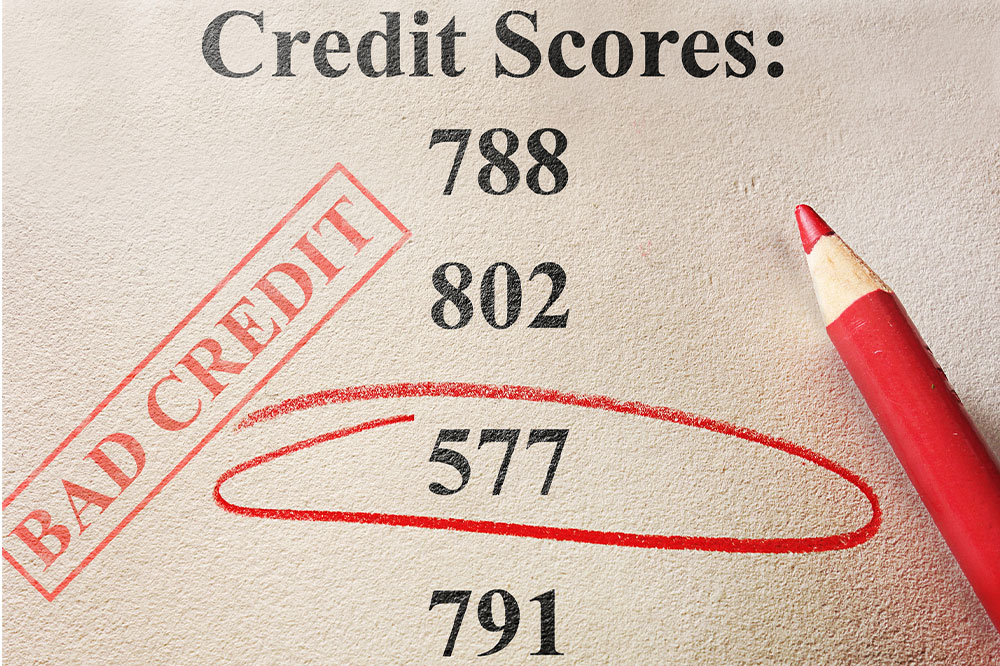
4 Bad Habits That Affect Credit Score
Having a good credit history is essential for everyone, except for those who do not aim to take a loan ever in life. However, we have to borrow money from financial institutions, whether for education, home, car, or to start a business. However, there are certain habits that we need to break for a healthy credit score.
So, make sure you avoid the following habits in order to improve your credit score.
Paying the minimum amount due on your credit card
The amount that forms the minimum amount due on your credit is usually just a tiny fraction of the total credit card bill, and it seems enticing to only pay that amount. However, if you only pay the minimum outstanding amount, there are additional fees that you have to pay like interest, over limit fee, and taxes. Even if it is a big sum, try to pay off the complete credit card bill so that there are no additional charges, and you’re only paying for what you are using and the worth of the product or service.
Paying late
Late payments not only add to some extra amount that you have to pay at the end of the month but are also harmful to your credit score. FICO suggests that a single late payment can impact your credit score by more than 100 credit scores. Thus, it is imperative to pay every bill, credit card, or otherwise, on time, every time. This is one of the most common mistakes among others, and you should avoid these habits to improve your credit score.
Not reading your credit card statements
Do not take for granted that the final figure that you get is correct. You must read the credit card statements carefully, and dispute and transaction or fee that you feel is incorrectly billed. You do not have to read the physical copy of the bill all the time. Just take a cursory glance at the statement on the app or website, and you will understand the details. Having a look at the details also ensures that you know where you’re spending the money and then plan accordingly. If you do not understand the statements properly, ask a financial expert to explain them to you.
Having no emergency fund
We should also hope for the best but prepare for the worst. While insurance companies will cover most medical exigencies, there are still some expenses that have to be paid out of the pocket. For such conditions, you should have some cash fund or credit line. If you plan to apply for a loan or credit card at such a time, you’ll find it difficult to get help on time. Thus, having a good credit score will also keep you safe in times of crisis.



